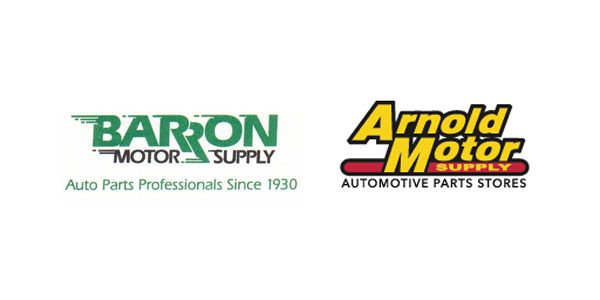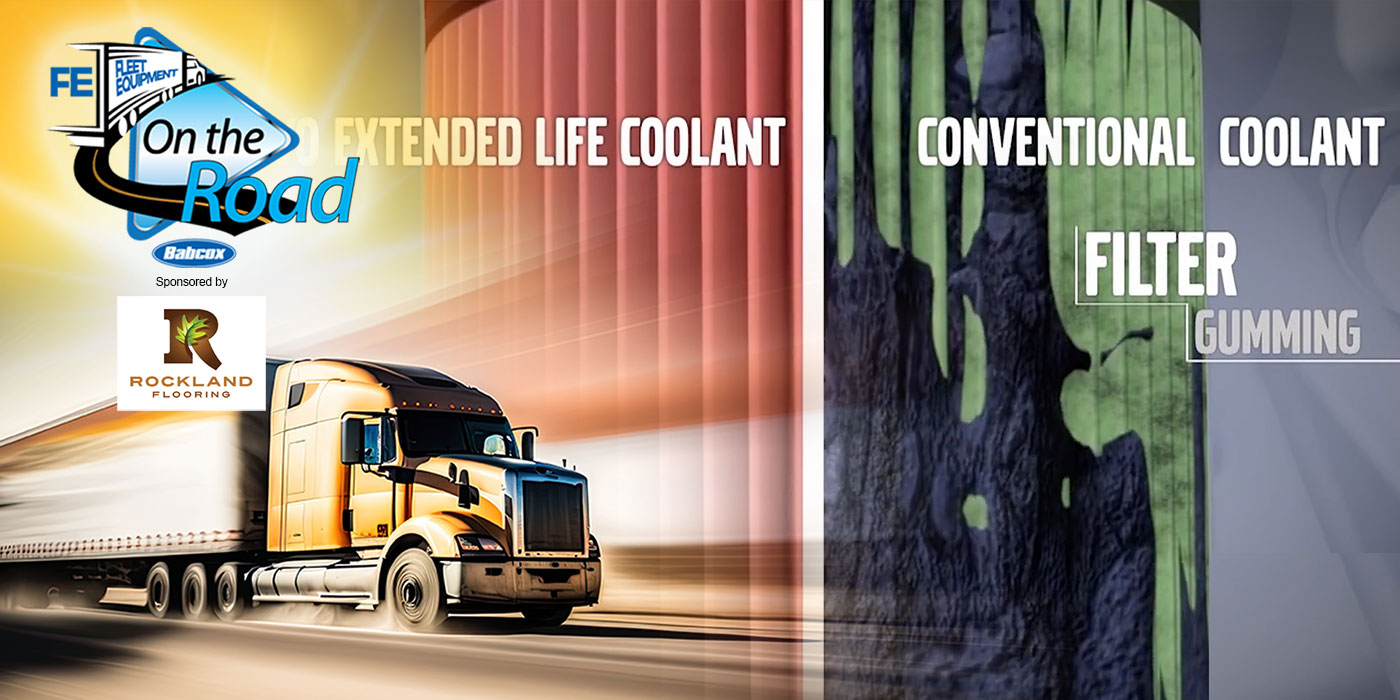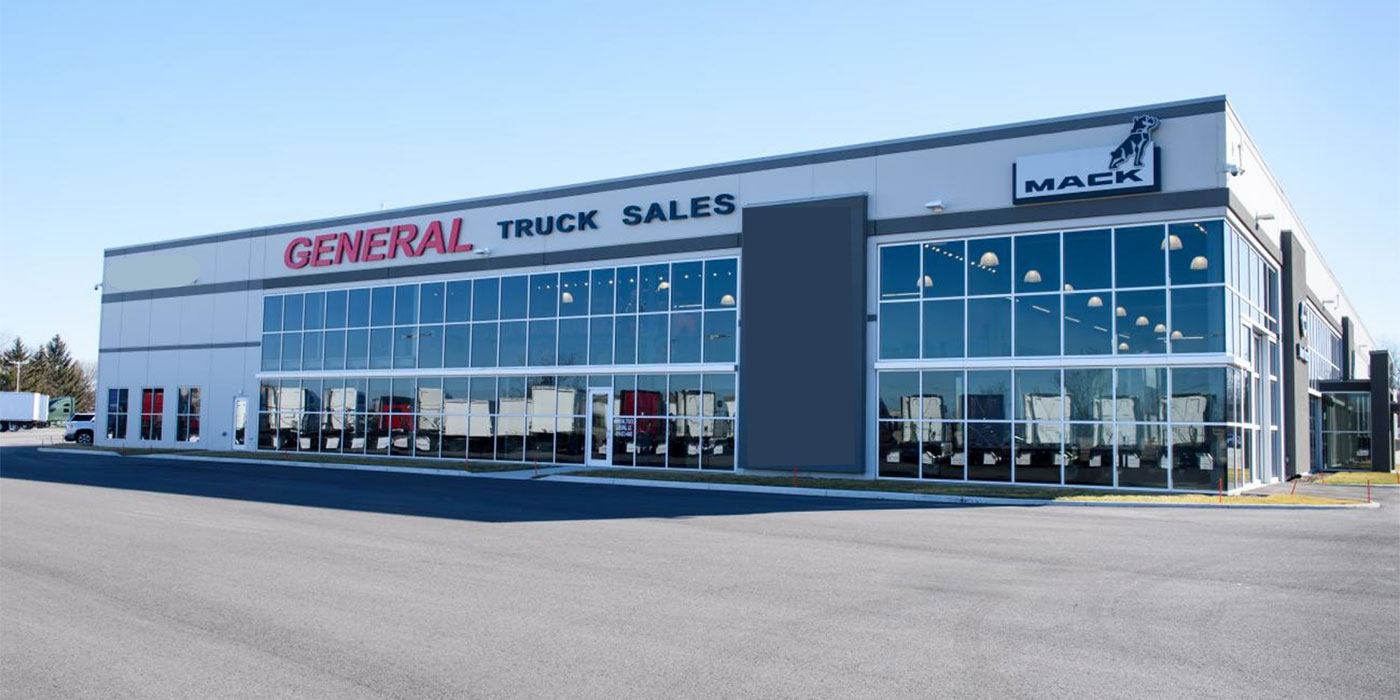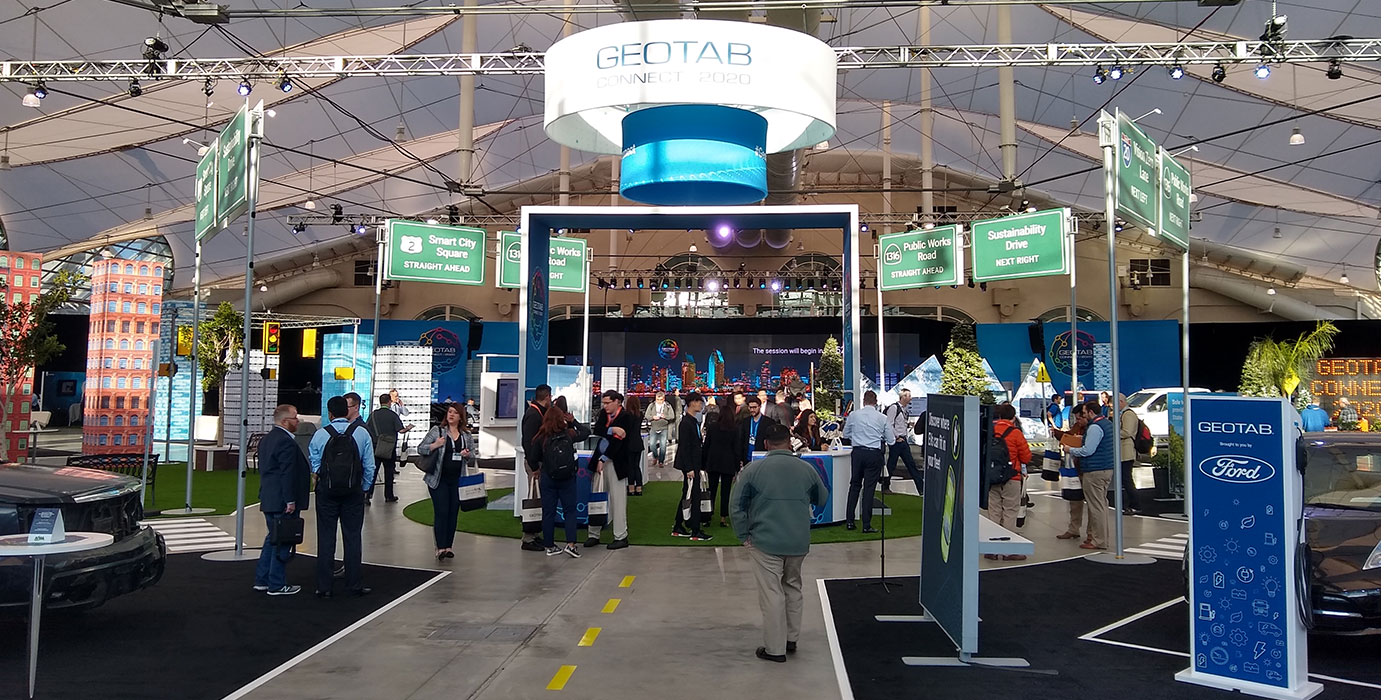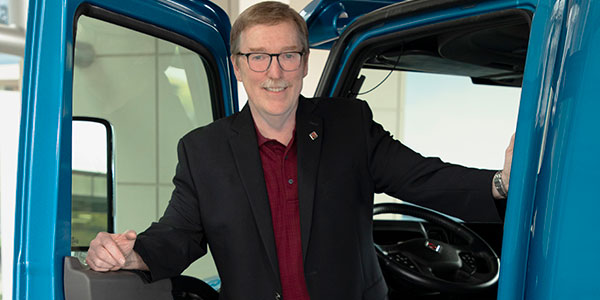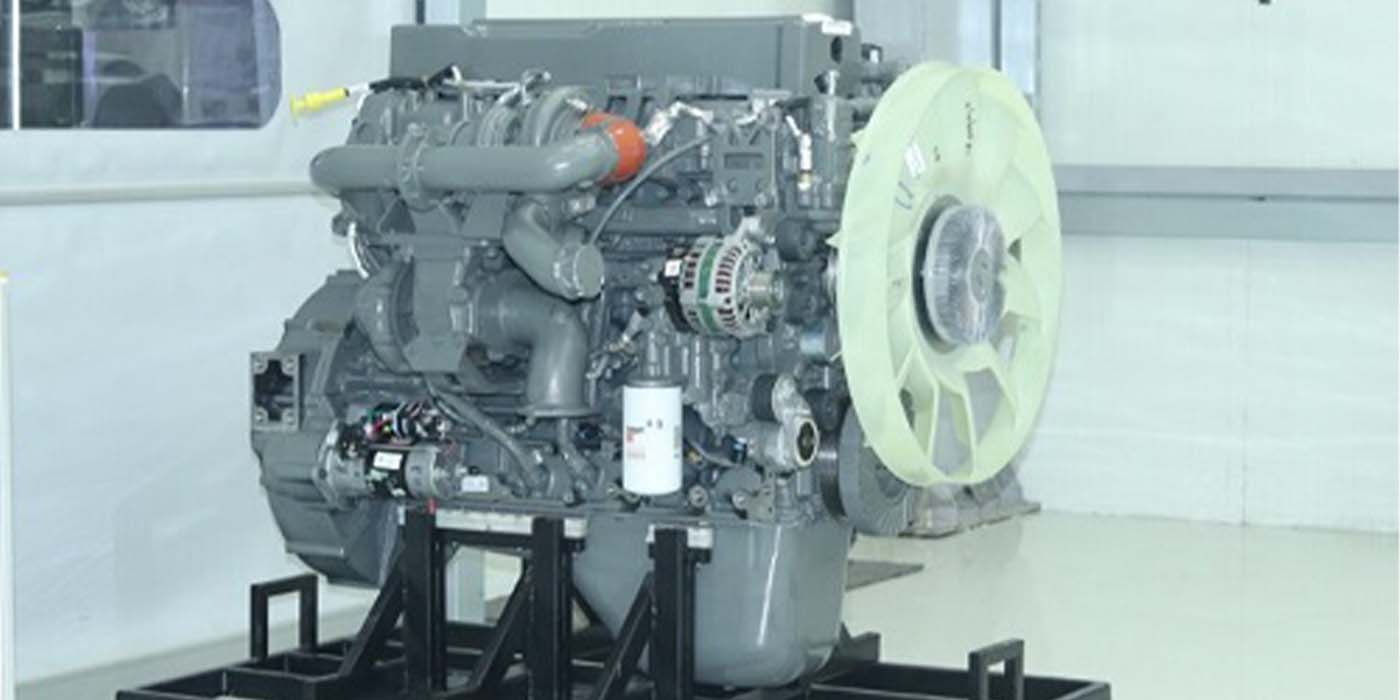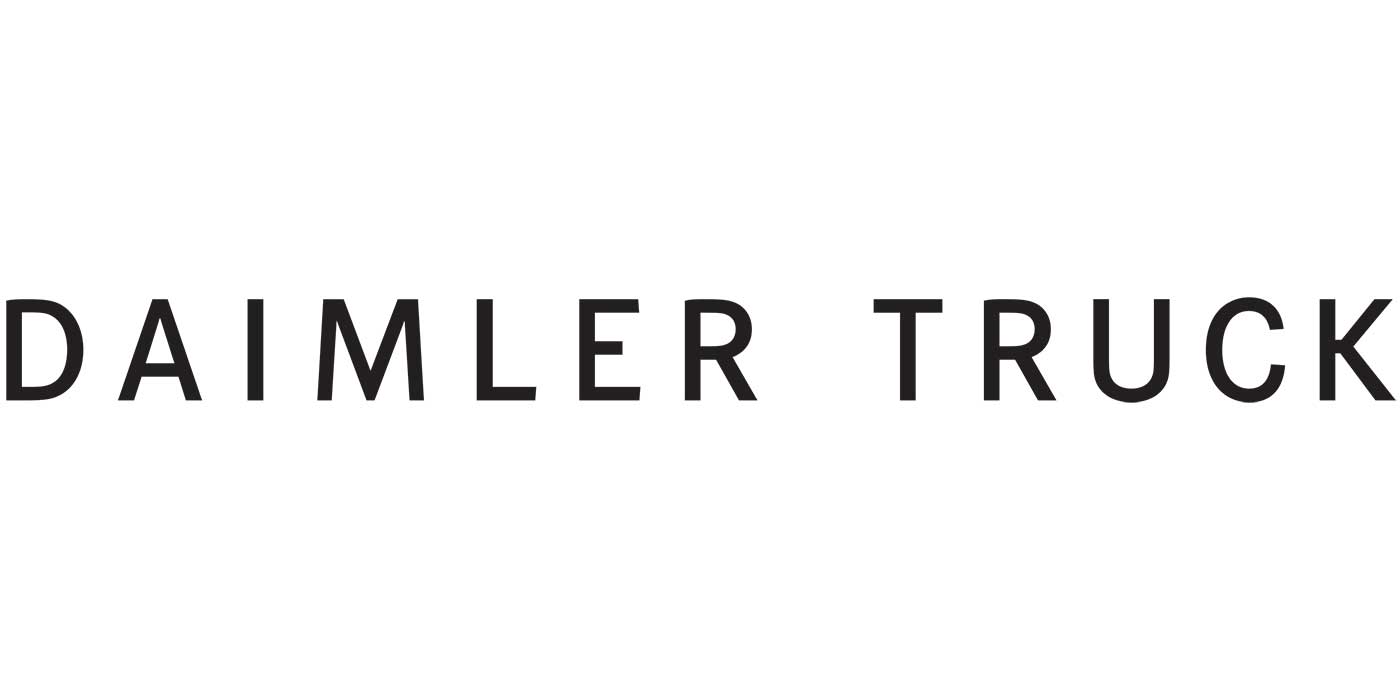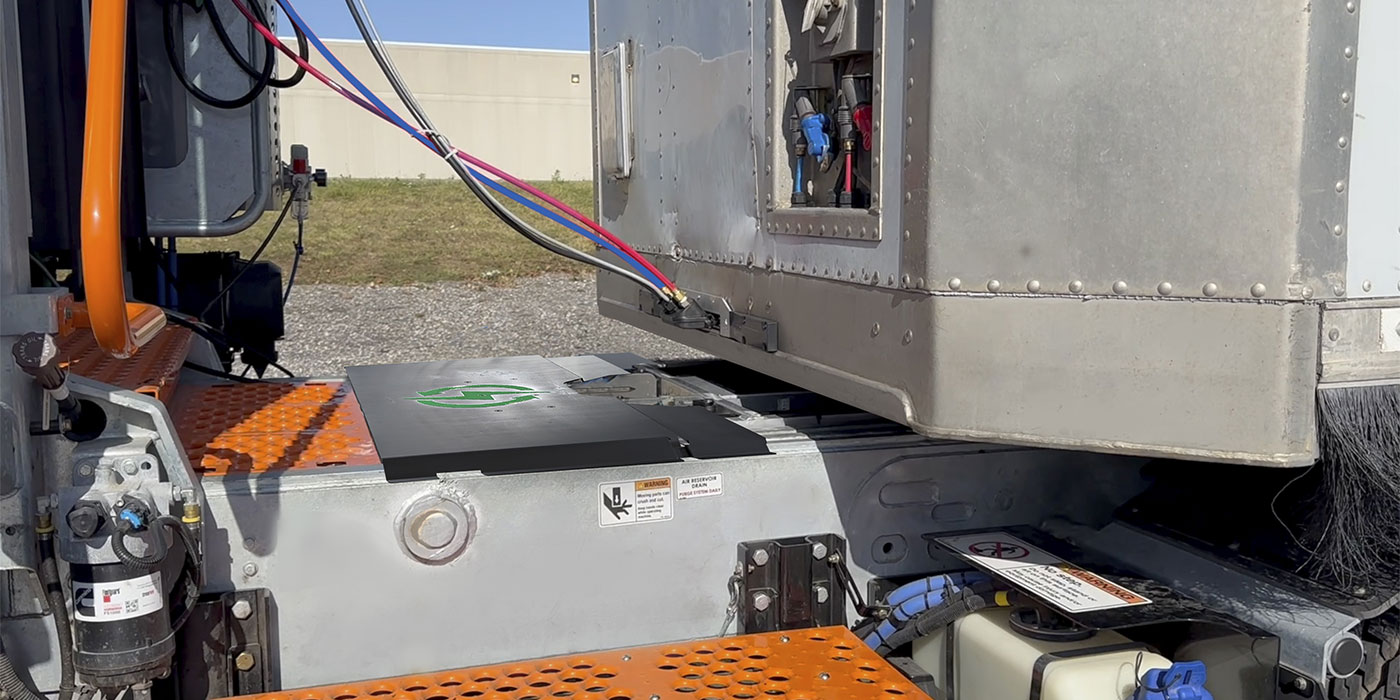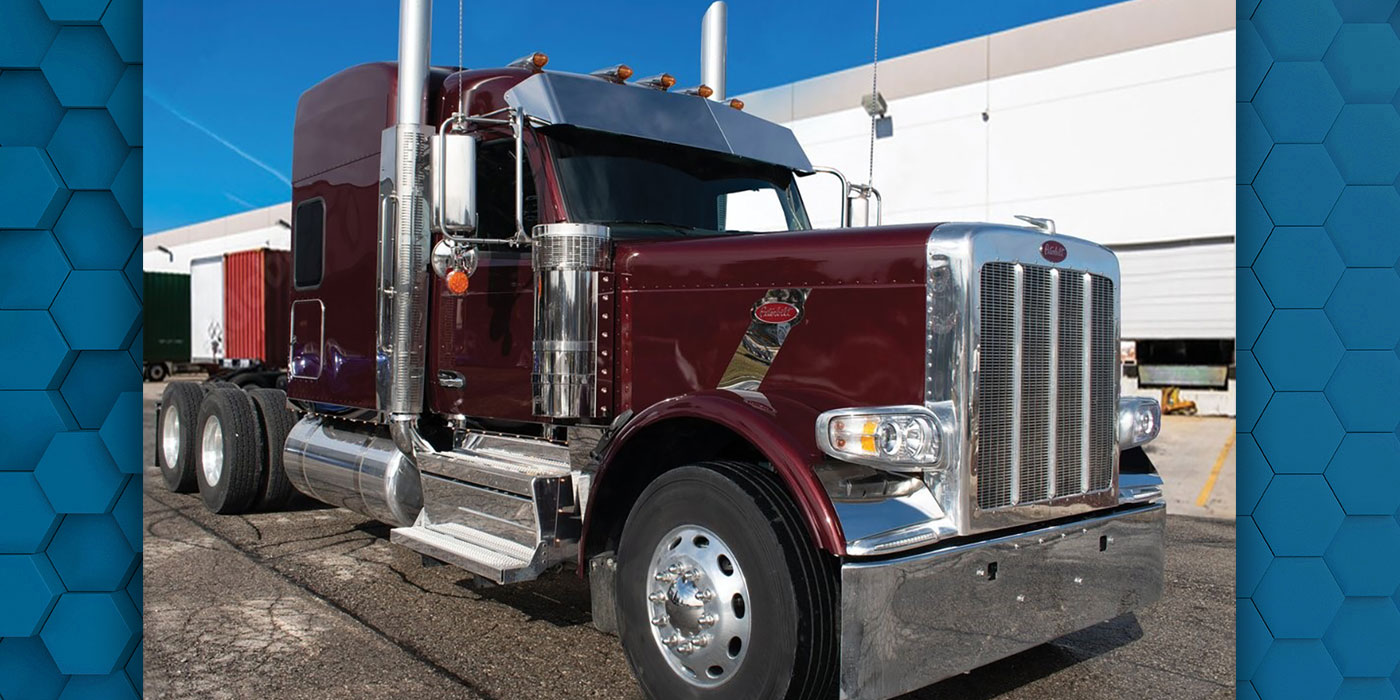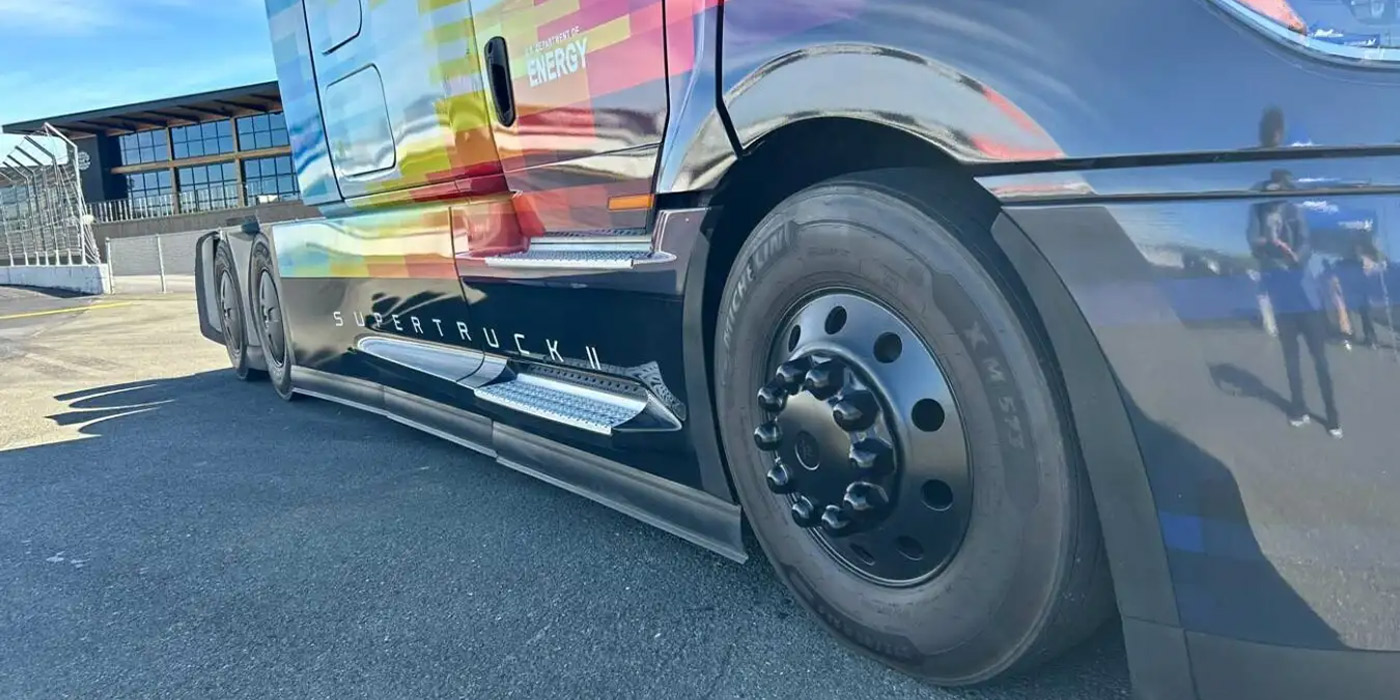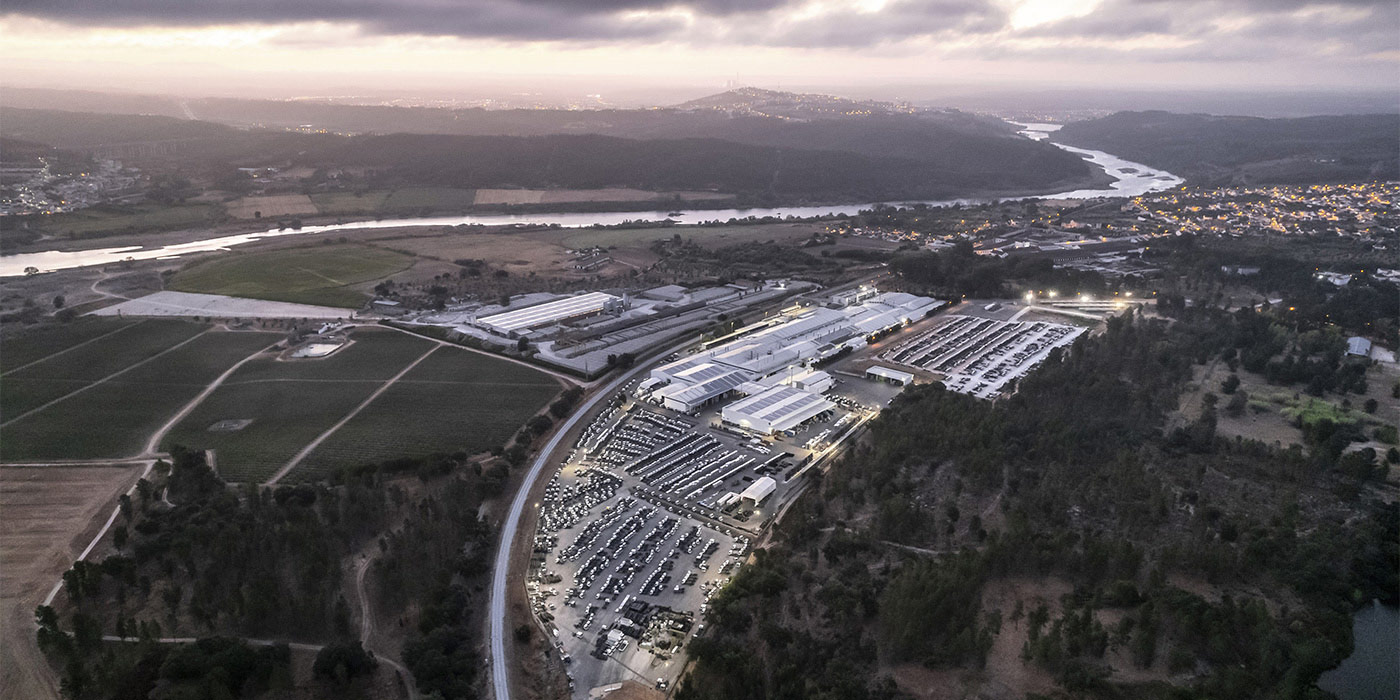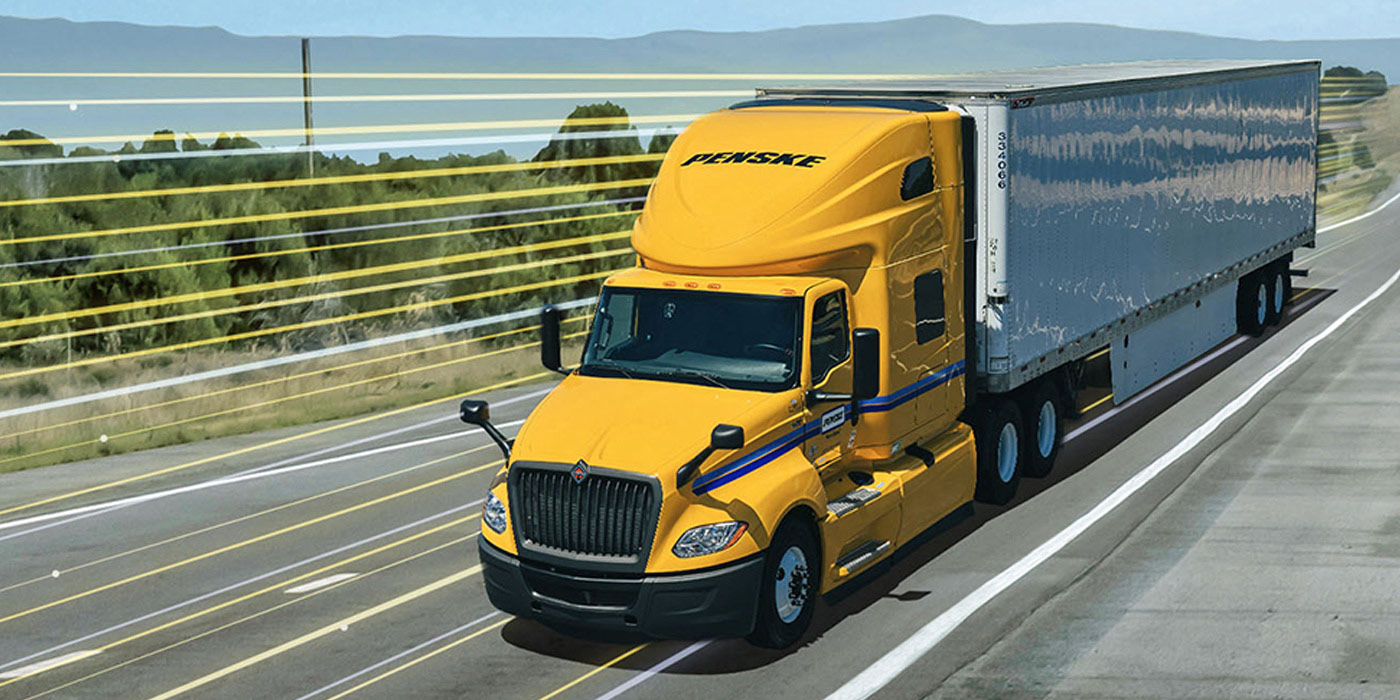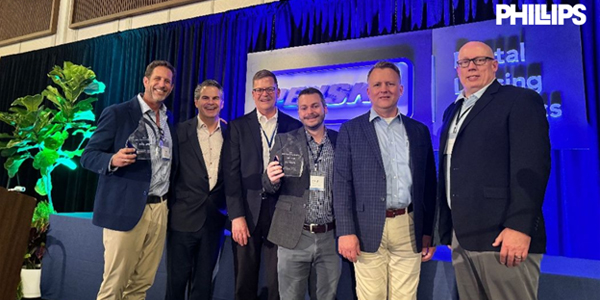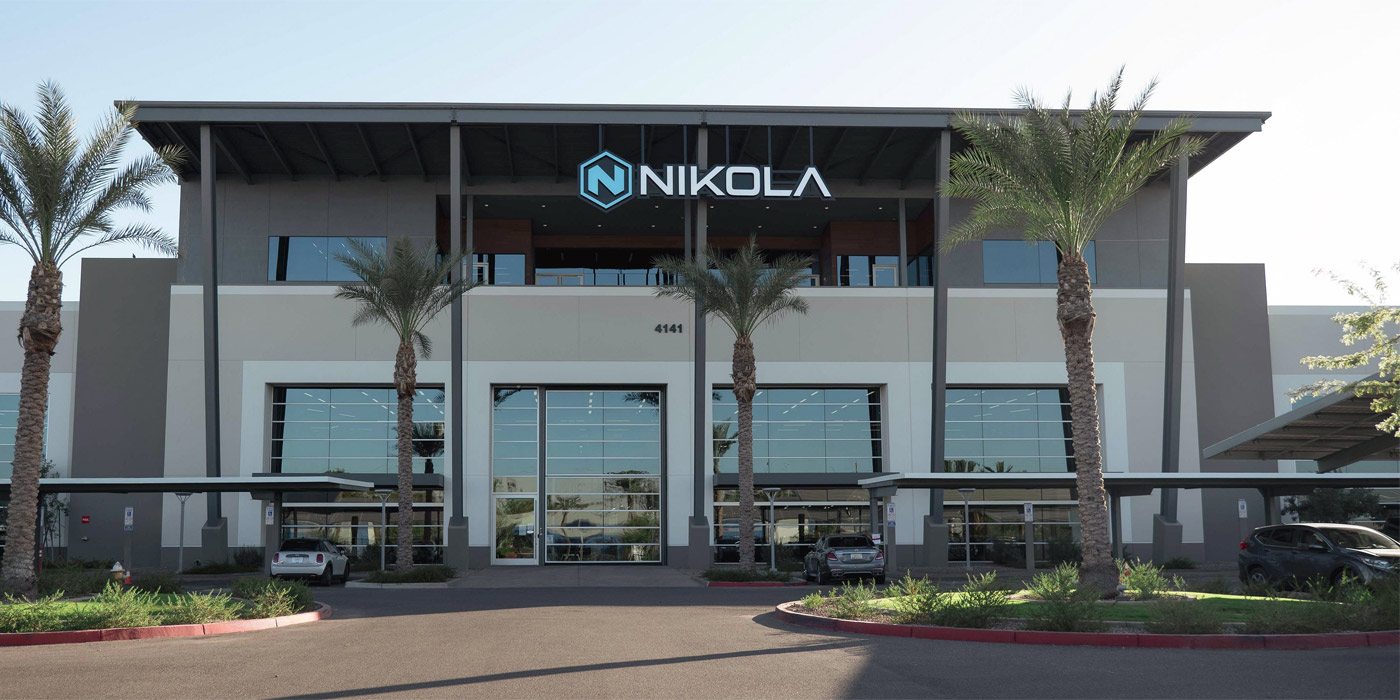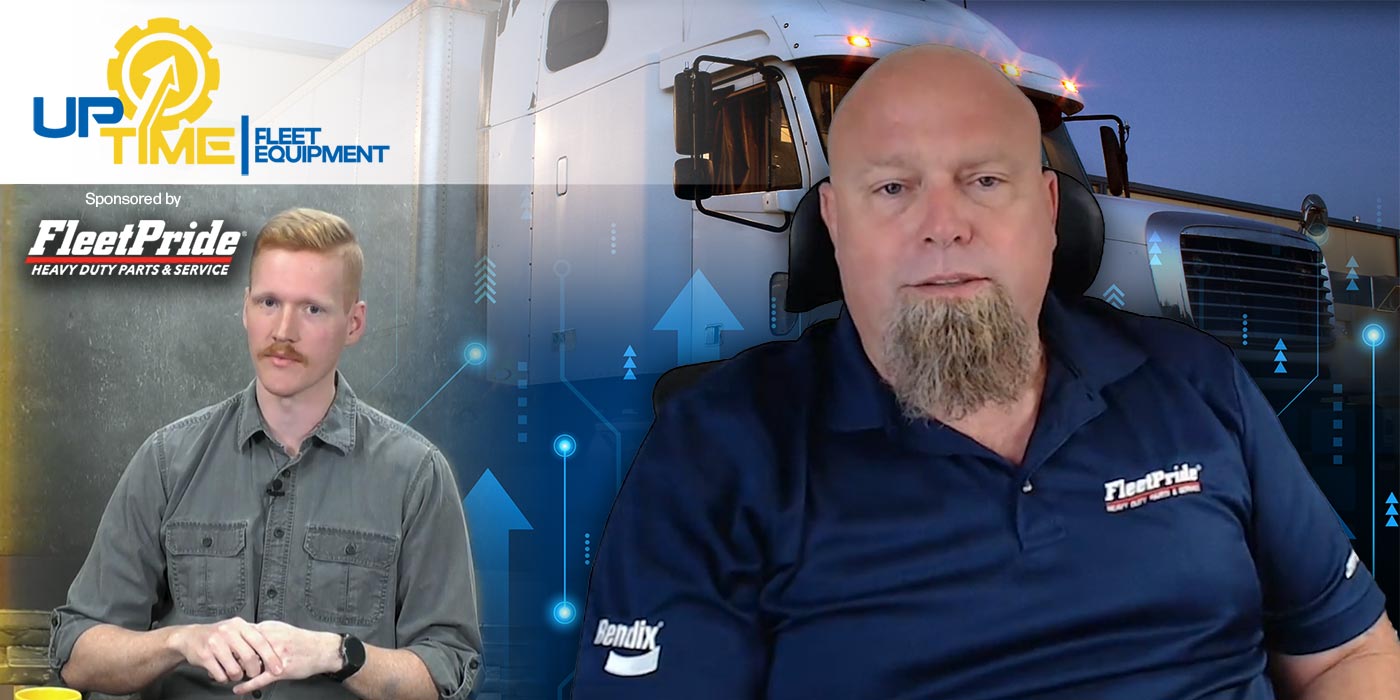Price, reliability, warranty and functionality are the top four reasons for medium-duty truck purchases, say some fleet managers. While companies interviewed here use their vehicles for widely different purposes, their reasons for operating their own fleets have common threads.
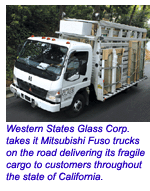
Handle with care
“The No. 1 issue is reliability and after that function and cost are most important,” says Richard Schwartz, fleet manager for Western States Glass Corp.
Schwartz says he looks for a sturdy medium-duty truck because of the heavy glass loads Western States hauls to its customers. The company has 230 employees, and it manufactures and delivers glass from three California cities to installers throughout the state. It uses Mitsubishi Fuso low cab forward medium-duty trucks almost exclusively in its 45-vehicle fleet.
“In terms of function, the Mitsubishi frame is narrower on the back, which makes it the ideal frame for our needs, since the glass rack extends out from the frame,” Schwartz says. “Function and reliability are very important. The amount of weight the trucks have to haul is huge.”
A typical delivery truck can be loaded with up to 10,000 lbs. of glass, he says. Glass can be loaded on both sides of the truck and on a rack in the truck’s bed. There are only wheels and a frame in the back of the truck.
As anyone who has ever tried to hang a mirror or install a new window will attest, shipping and handling are mission-critical tasks when it comes to glass.
“Our business is a challenge because of the weight and fragile nature of the product,” he says. “If you can make a quality product and reliably deliver it to your customer at a fair price, you will build your business.”
Originally, the fleet was made up of larger vehicles, but owner John Witkin switched to medium-duty trucks because of the difficulty he had hiring drivers with CDLs. His fleet now consists of Mitsubishi Fuso FE-145 (14,500 lbs. GVW), FE-180 (17,995 lbs. GVW), older FE-SP and FE-HD model trucks. He recently purchased two new FE-180s. The company runs a mix of owned and leased, and new and used vehicles.
“Reliability is important because you don’t want your driver to be 80 miles away and broken down with a fully loaded truck,” Schwartz says. “Considering the number of miles we drive, our downtime is minimal.”
The company outsources all of its maintenance to local Mitsubishi dealers.
“They come out to our yard once a week to do preventive maintenance,” he says. “We go to their shop for brake jobs and other major repairs. They do what they can to help us get back on the road as soon as possible. We can’t afford to have trucks out of service because that affects our business and our customers’ business.”
The company decided to outsource its maintenance because it did not want to take on additional employees to maintain its trucks. Schwartz says, “Besides, operating a shop would take us away from the focus of our business.”
Schwartz uses a laptop on which he has installed Dossier Fleet Maintenance Manager software, which gives daily reminders about maintenance and licensing. He realigned maintenance intervals and procedures that came with the software to match the dealer’s PM recommendations.
“It’s my job to keep the fleet maintained, but I rely on the dealership to recommend what needs to be done,” he says. “We both track the mileage, but its hard when big maintenance jobs are required, and we have to take the truck off the road. But it’s much better to spend a few dollars up front than to let it go out of service unexpectedly.”
Proceed with caution
Jeff Price, district fleet manager for United Rentals Highway Technologies, cites price and the manufacturer’s warranty as his top concerns.
Price is based in Tempe, Ariz., and is responsible for spec’ing and the day-to-day management of the 1,525 fleet vehicles in his 20-state division. The fleet ranges from light-duty pickups to heavy-duty vehicles. According to Price, new vehicle purchases are based on price, warranty, versatility, maneuverability and comfort.
“The core of the fleet, about 50 percent or more, are Class 3 to 5 trucks,” Price says.
The vehicles deliver highway construction zone safety equipment, such as barrels, cones and barricades. They also set up lane closures and perform traffic control, such as rerouting traffic or lane shutdowns for crews working on roads. The company’s wide range of customers include private contractors and federal, state, county and municipal agencies that build and repair roads. Much of his medium-duty fleet consists of GM Isuzu and Ford trucks.
“GM Isuzu is a good choice because of its turning radius and maneuverability,” Price says. “It is an awesome vehicle for tight quarters, and that’s one of the largest reasons why we use them. They are very maneuverable in construction zones. Drivers can make U-turns very quickly and don’t have to back up so much. The cabover style is very advantageous to us for those reasons.”
He’s also impressed by the manufacturer’s warranty, “The GM Isuzu warranty covers three years, unlimited mileage, which works out great for us. We use our medium-duty vehicles 36 to 42 months and then trade them in. We switch out at about 150,000 miles on the delivery chassis. With the GM Isuzu warranty, we can drive 200,000 miles in three years and still be under warranty. That’s a huge benefit for us.”
Price’s fleet consists of Chevrolet W3500, W4500, W5500 and C5500 trucks and Ford F350, F450 and F550 models. All vehicles are leased from Automotive Rentals Inc.
“There are tax advantages to leasing,” he says. “Also, leasing frees up our working capital and allows us to invest in other areas that generate greater revenue. It’s all about utilization of capital.” Price uses a variety of maintenance providers, both in-house technicians and outside independent service facilities and dealerships. They follow manufacturer’s recommendations based on severe duty use.
“Our in-house people will do basic services, such as brake jobs, electrical repair, preventive maintenance services and air conditioning service,” he says. “They also do most of the body upfitting, such as mounting arrowboards, installing lights, bed swaps and light-duty welding. All heavy-duty maintenance, such as engine, transmission and driveline work is outsourced.”
Set in stone
Jim Knochelman, owner of K&K Koncrete Kontractors, says he doesn’t mind paying more for a truck that will last a long time and not give him any trouble.
Knochelman, owner of the Jonesville, Ky.-based concrete business, has 12 employees in his family-run business, including two sons, two daughters and a son-in-law. He is a residential and commercial concrete contractor who does excavations and pours foundations, driveways and basement floors. His fleet consists of 15 trucks, most of them are light/mediums, such as the Ram 3500 chassis cab. He also has Peterbilt, GM and Volvo tri-axle dump trucks that haul dirt and gravel.
“Most of my medium-duty trucks are tool trucks, but some are used to haul bobcats or an occasional bulldozer or backhoe,” Knochelman says. “I’ve been running Dodges for several years and they handle it good.”
He says he favors the Dodge Rams because they are tough and reliable.
“Price is my No. 1 concern, but I don’t mind paying more for a Dodge because of its quality. I’ve had better luck with Dodges handling heavy loads than any other brand.”
He also favors diesels over gasoline engines. “The diesels handle more workload,” Knochelman says. “I’ve only had to replace one rear end on a 2001 model. We haul a lot of trailers, which are hard on rear ends.”
He also runs 16 trailers, backhoes and bobcats and two 20-ton trailers for the heavy-duty trucks. He runs diesel engines in all his medium-duty trucks.
“They handle well, are fuel efficient and can really handle the weight. The diesel engines last a lot longer than gasoline engines. I have 217,000 miles on a Dodge light-duty 2001 diesel. If you take care of it, it will take care of you.”
Knochelman has one full-time technician who maintains the fleet. “He does all the PMs and routine maintenance,” he says. “We only outsource major maintenance, like a rear end rebuild.”
Knochelman buys his trucks rather than leasing because, as he says, “We hold on to them. I have a 1997 and a 1999 in the fleet. I try to buy one or two new trucks a year. I’ve been in business 30 years, bought my first Dodge in 1996, and I’m still running it. You can’t wear them out if you keep up on the maintenance.”
Despite the age of some of the trucks in his fleet, Knochelman says he maintains a good-looking fleet.
“I’m particular about my trucks, and like to keep them nice,” he says. “I get a lot of compliments on my trucks. When I call to quote a job, it’s the first thing my customers see. It’s important to make a good first impression.”
Knochelman says he relies on his dealer for advice and likes the Dodge Business Link program, which offers a replacement truck at no charge if one of his Rams breaks down.
I’ve only used it once or twice in 11 years,” he says. “There’s no downtime with these trucks.”
Keeping fleets clean
Vito DiGiovanni, president of Fleetwash, initially purchased his new trucks because they were less expensive and found them to be more reliable than his existing fleet.
DiGiovanni started incorporating Hino medium-duty trucks into his fleet of 564 Fleetwash trucks about 18 months ago. The company, which has 44 locations nationwide, sends its trucks out to wash commercial fleets and reclaim the wastewater.
“Most of our fleet is made up of smaller vans with tanks mounted inside that can hold about 10,000 lbs. of wastewater,” he says. “About 20 percent of the fleet consists of medium-duty diesels, such as the model 185 Hinos with an 18,000-lb. GVW. When a van’s tanks start filling up, we’ll send in one of the larger trucks to offload the collected wastewater.”
He says he had heard good reports on the Hinos and decided to purchase a few.
“They were a little less expensive than the trucks we were running, so we decided to give them a try,” DiGiovanni says. “The Hinos are tough little trucks. We surveyed all our operations managers recently and nobody has had any problems. The trucks are very reliable, and we plan on ordering more next year.”
The company runs its diesel trucks about 300,000 miles and its gasoline-powered vans about 150,000 miles before trading them in. “After that many miles, you have to spend too much money to keep them on the road,” he says. The company buys rather than leases trucks.
All 44 Fleetwash locations have in-house technicians who use Excel spreadsheets to track maintenance and mileage.
“We have our own technicians because the equipment on our trucks is highly specialized,” DiGiovanni says. “Some of our newer locations are small, and they will take some trucks to dealers for mechanical maintenance work.”
Purchasing is done on a local level and from a few regional suppliers. “We fuel locally and work with local gas stations to cut our own deals,” he says. “Our drivers use Wright Express Cards.”

